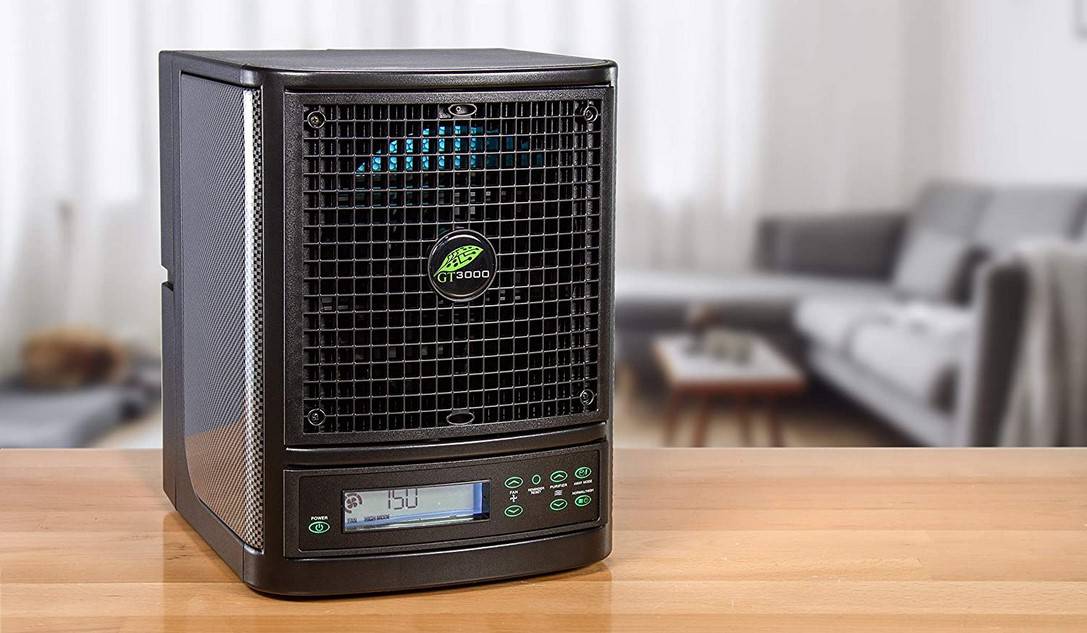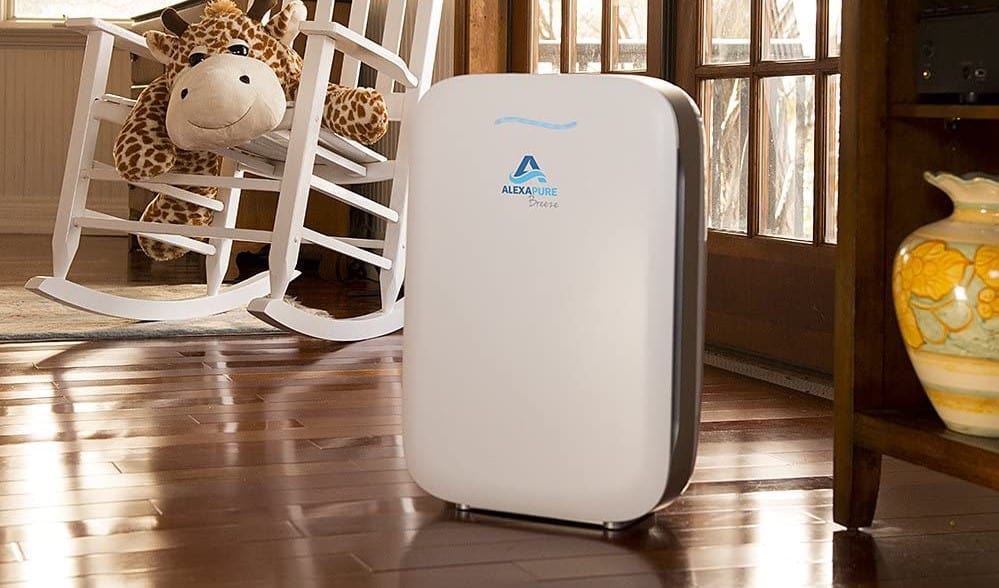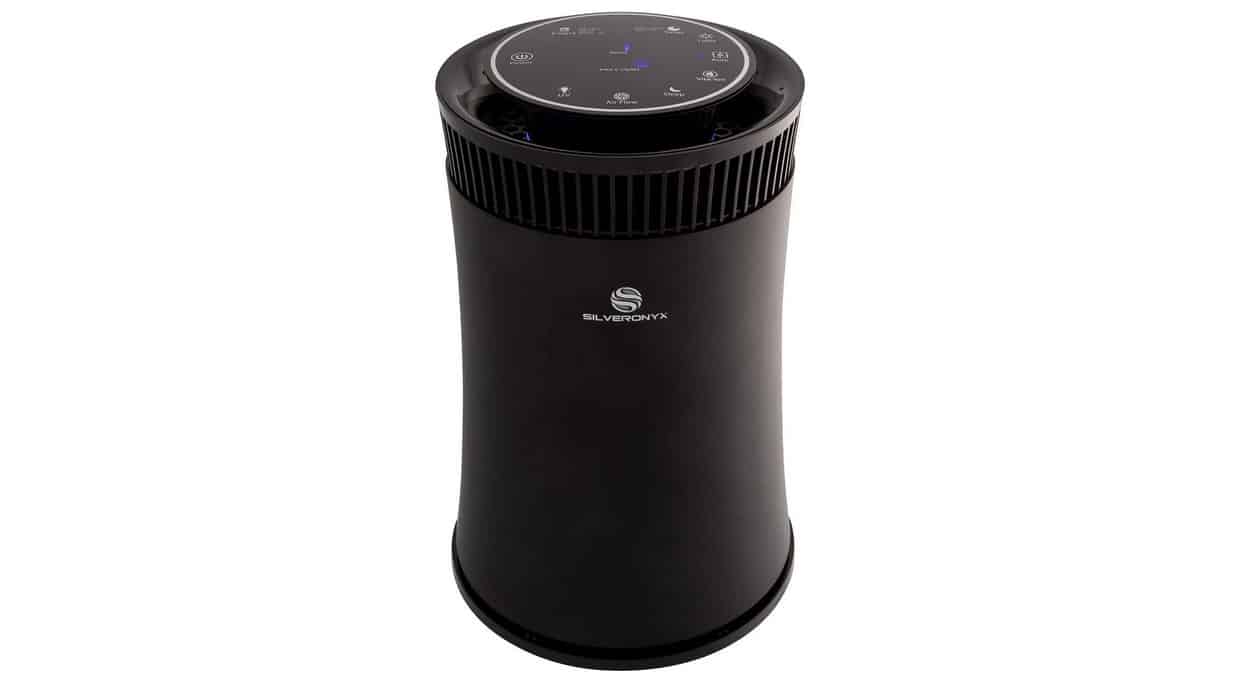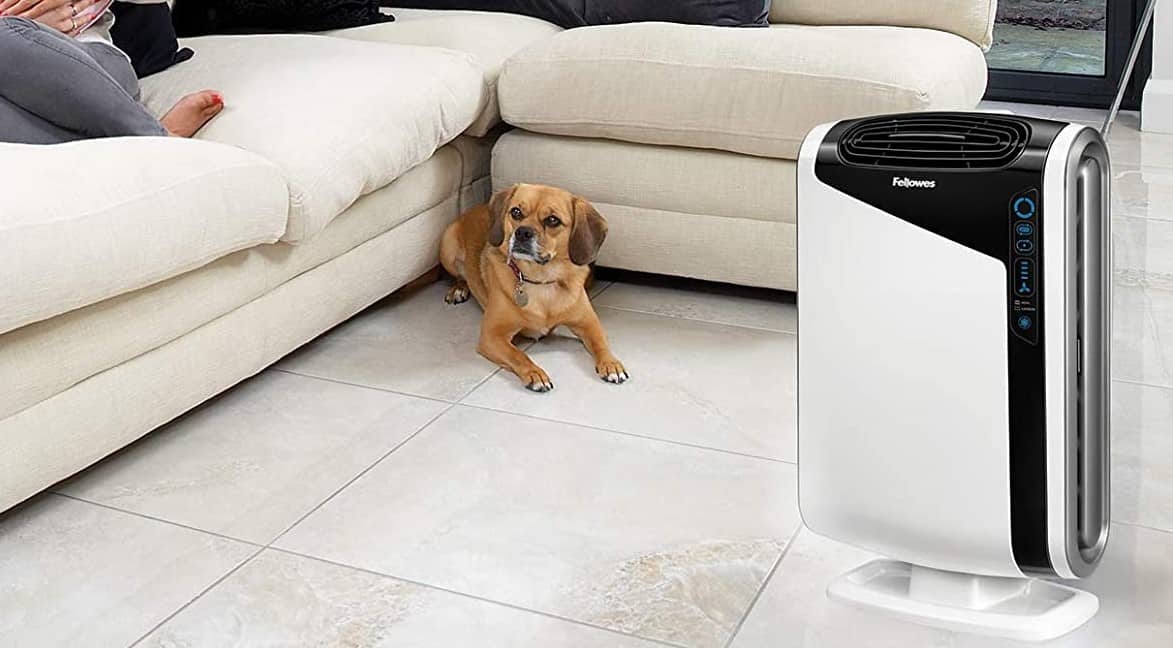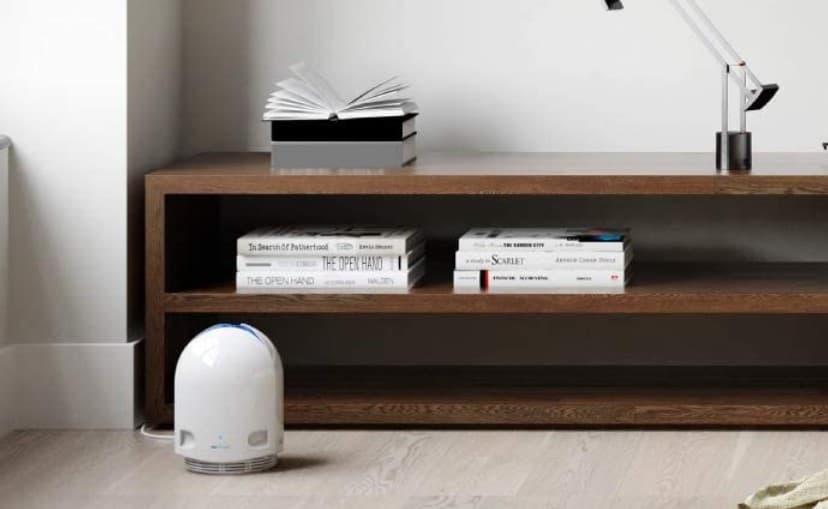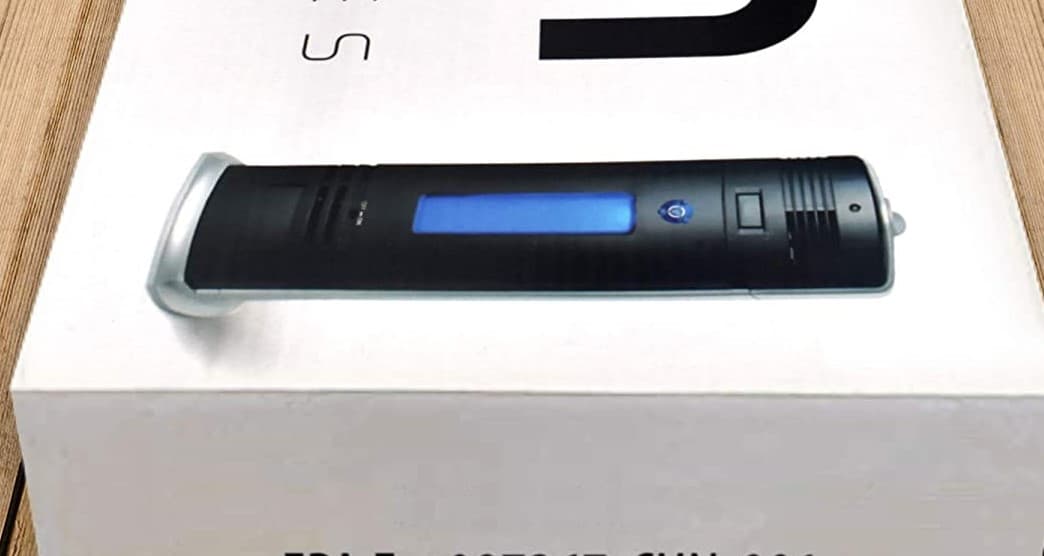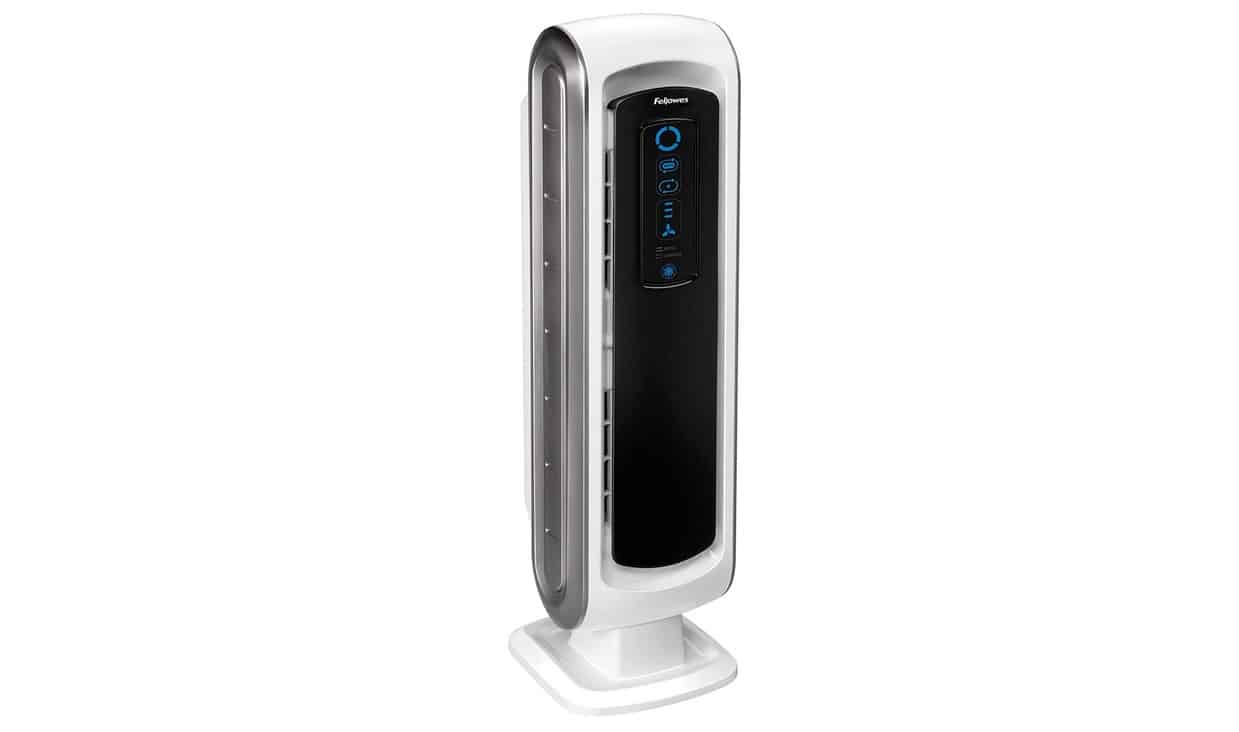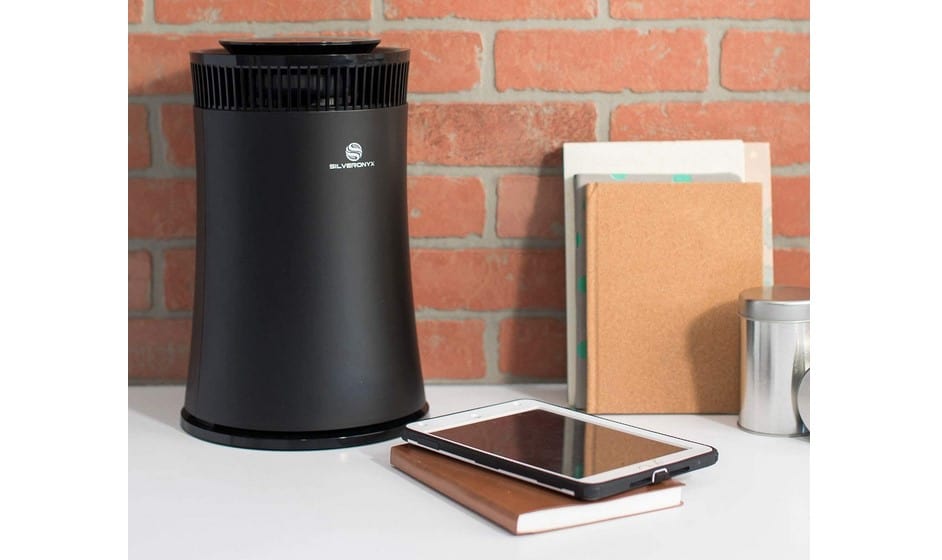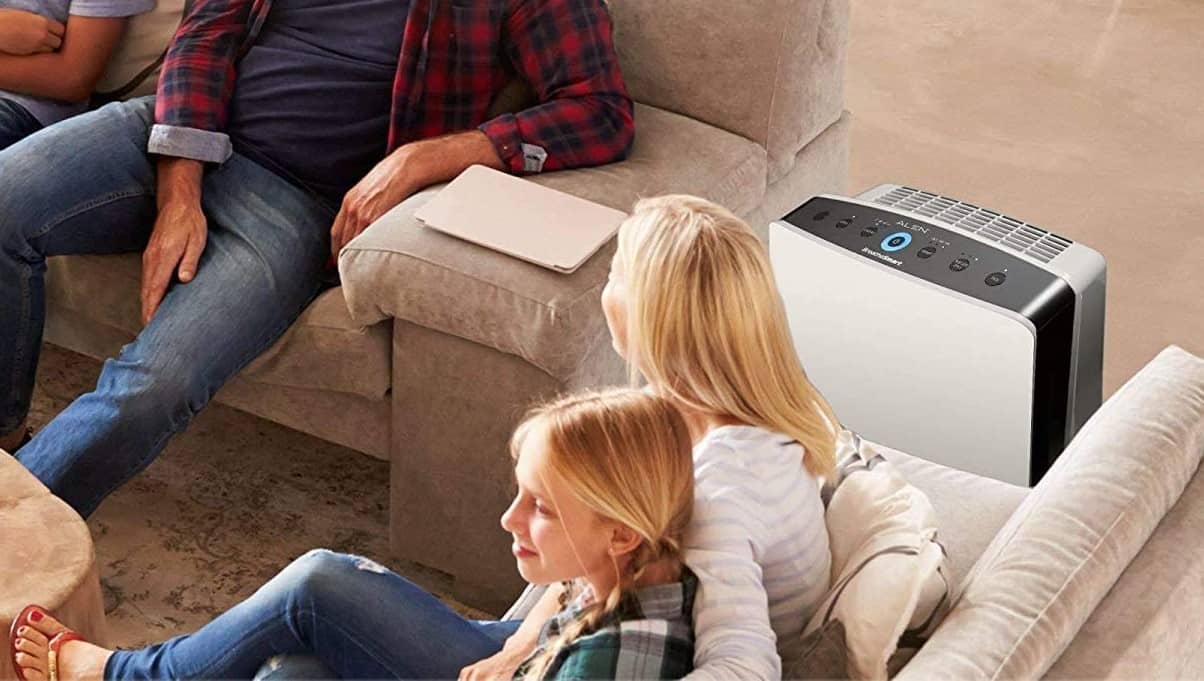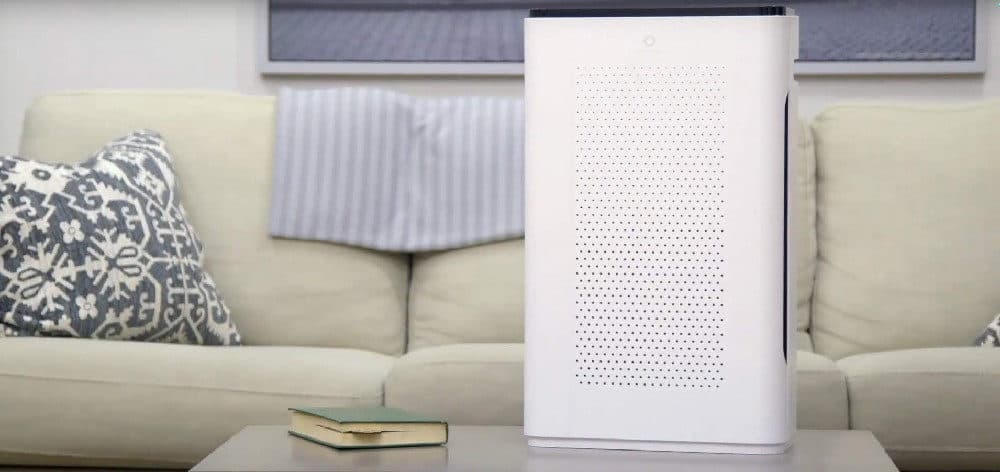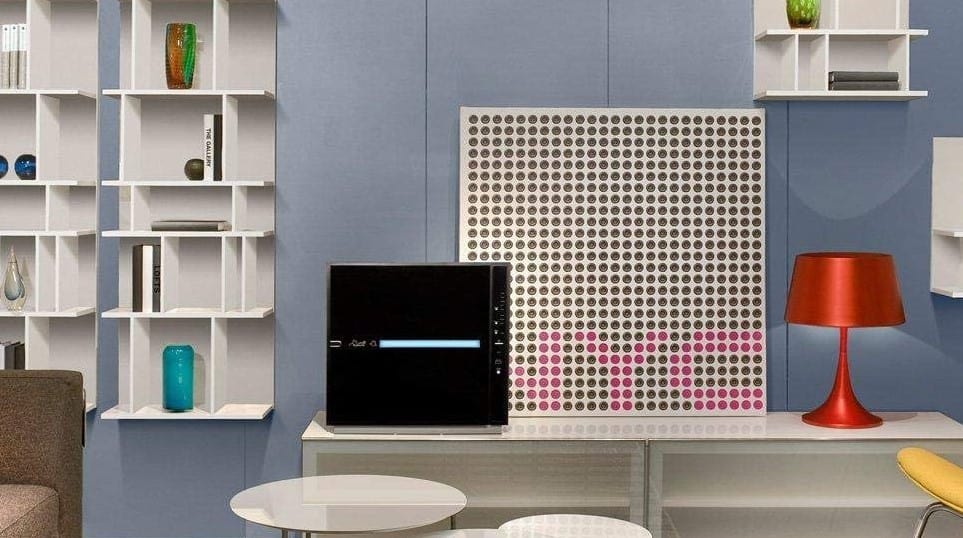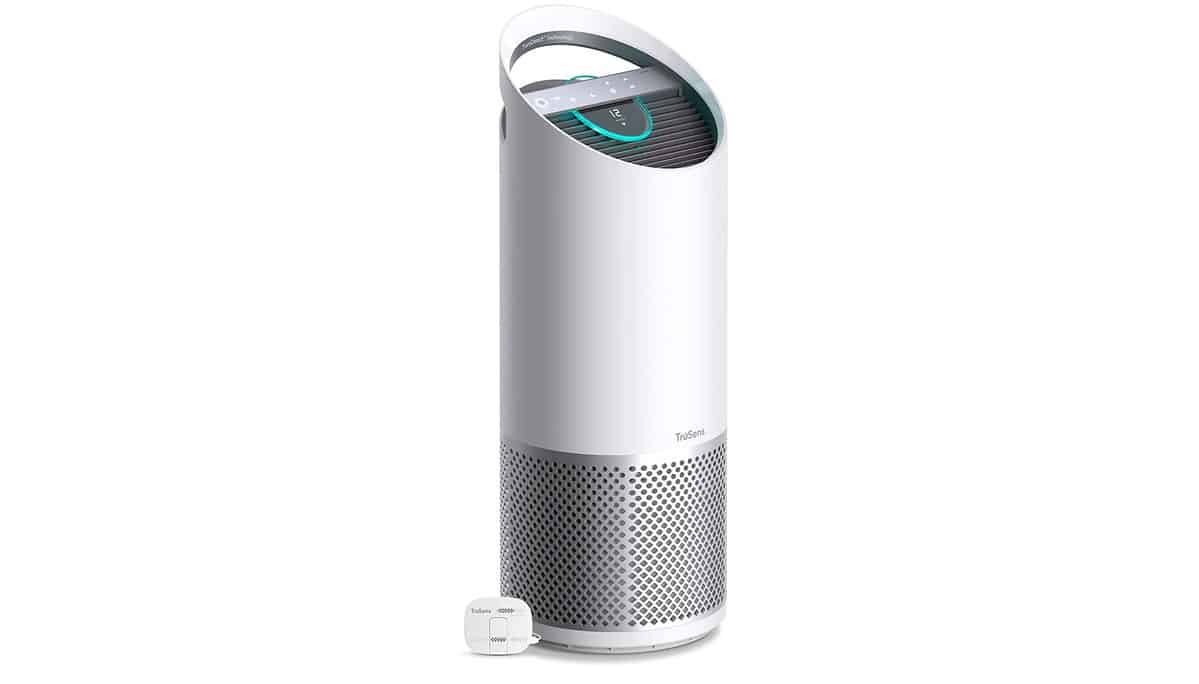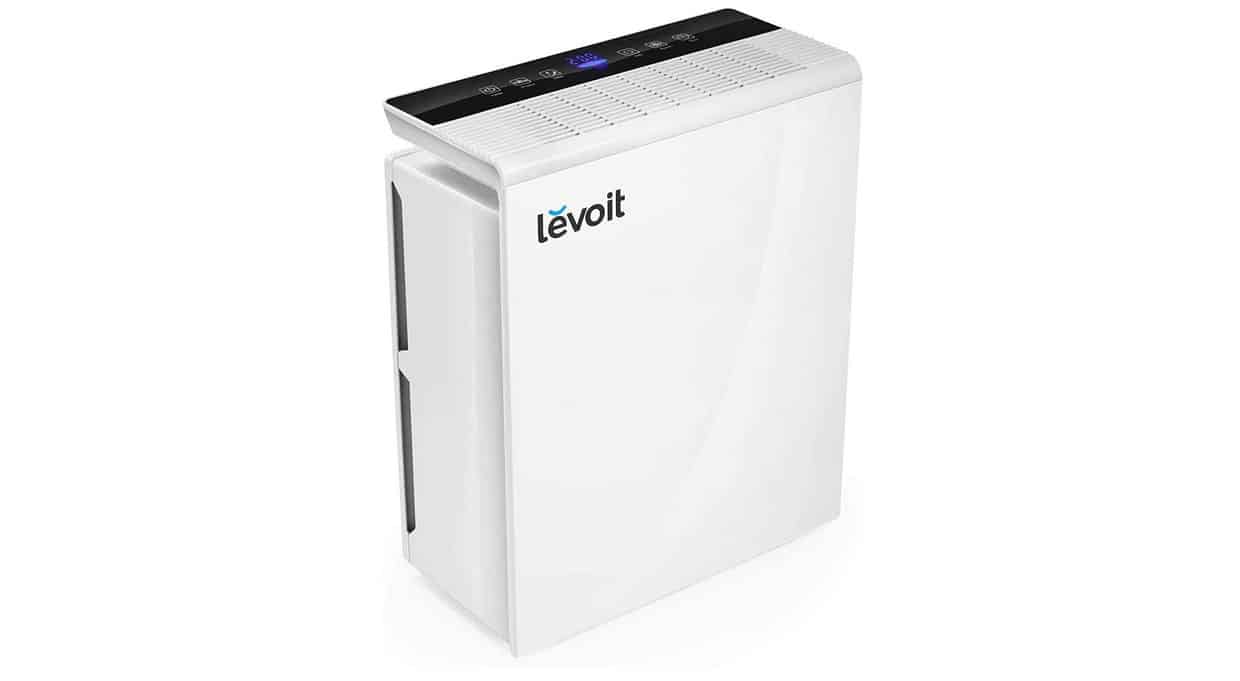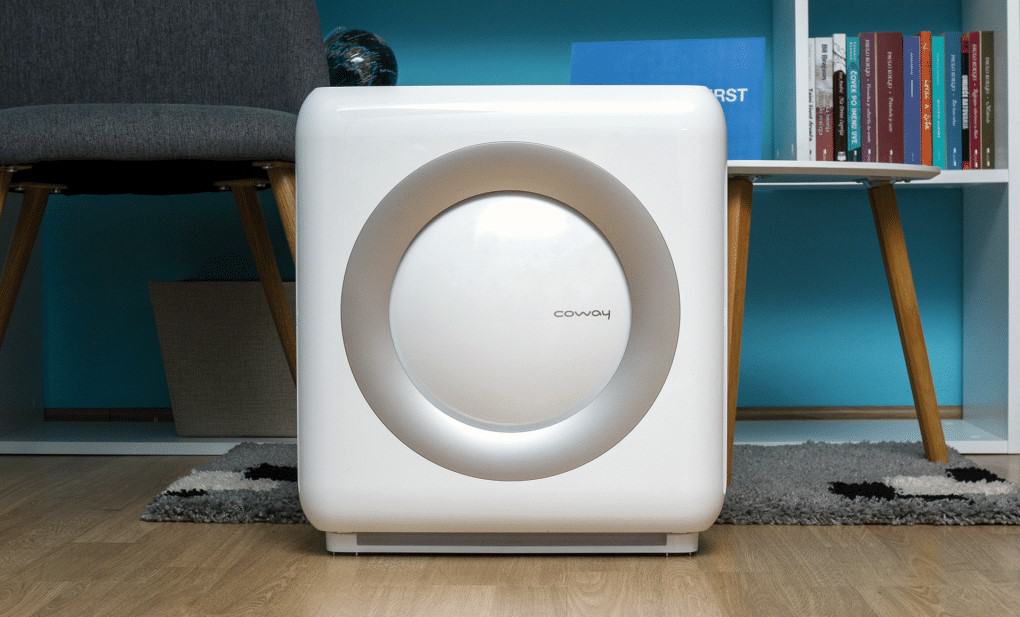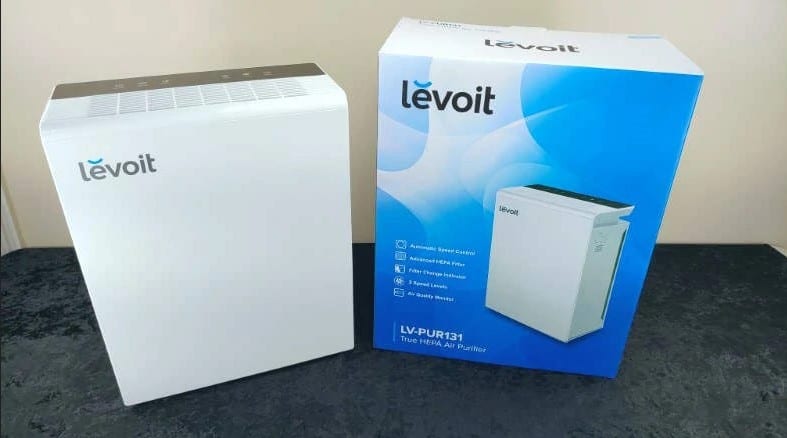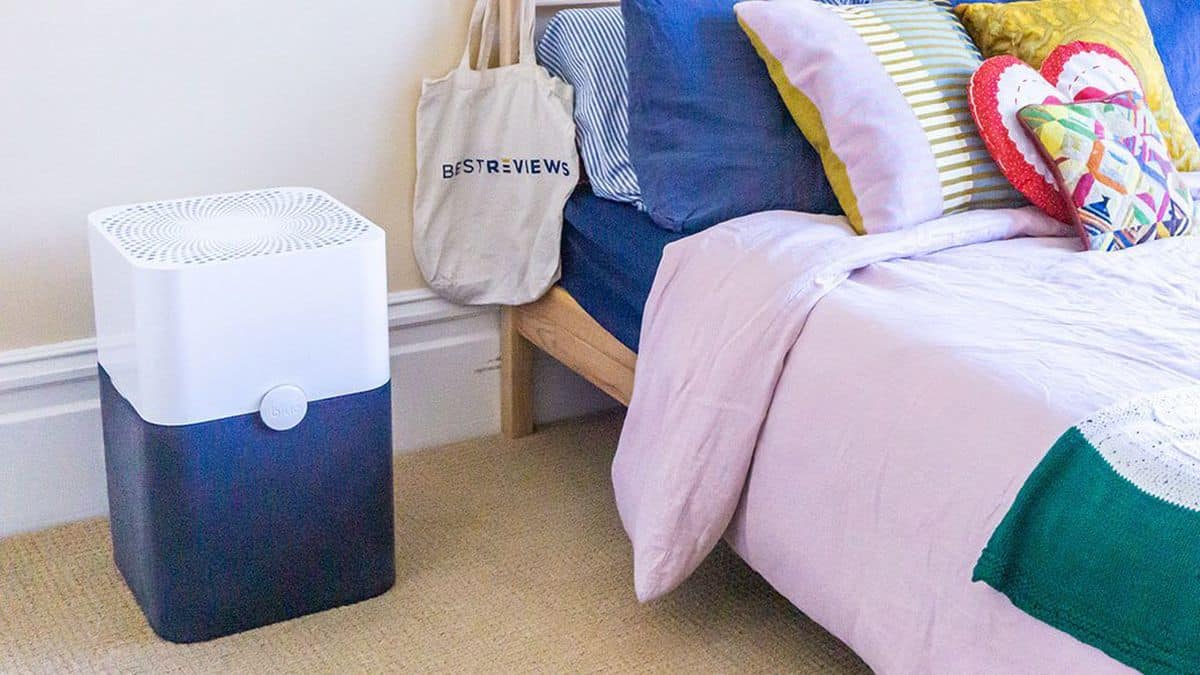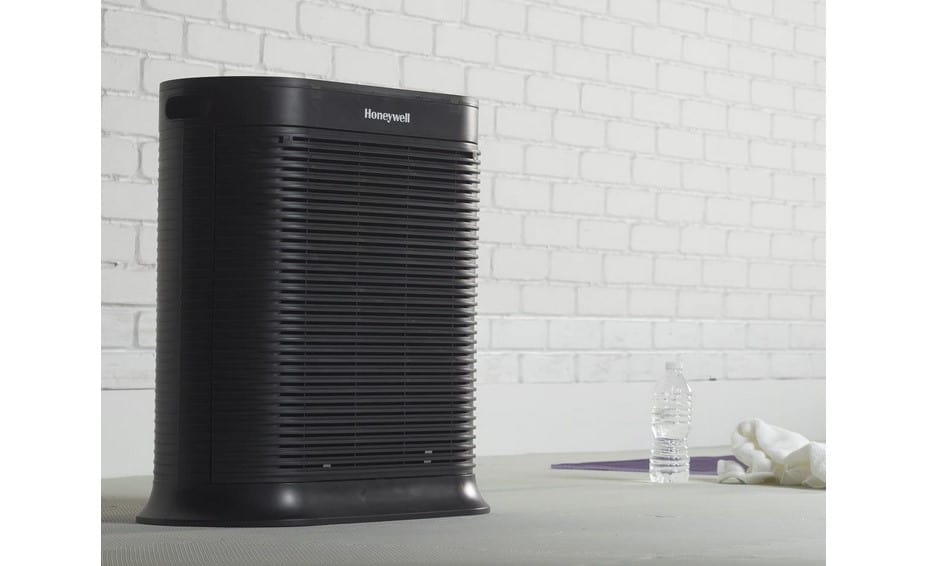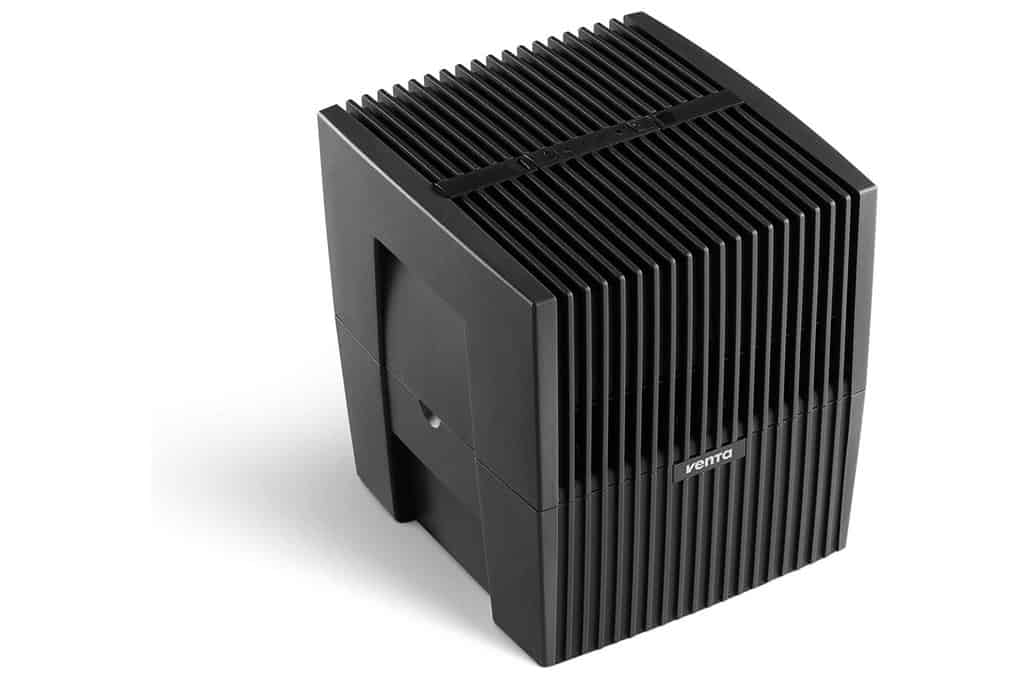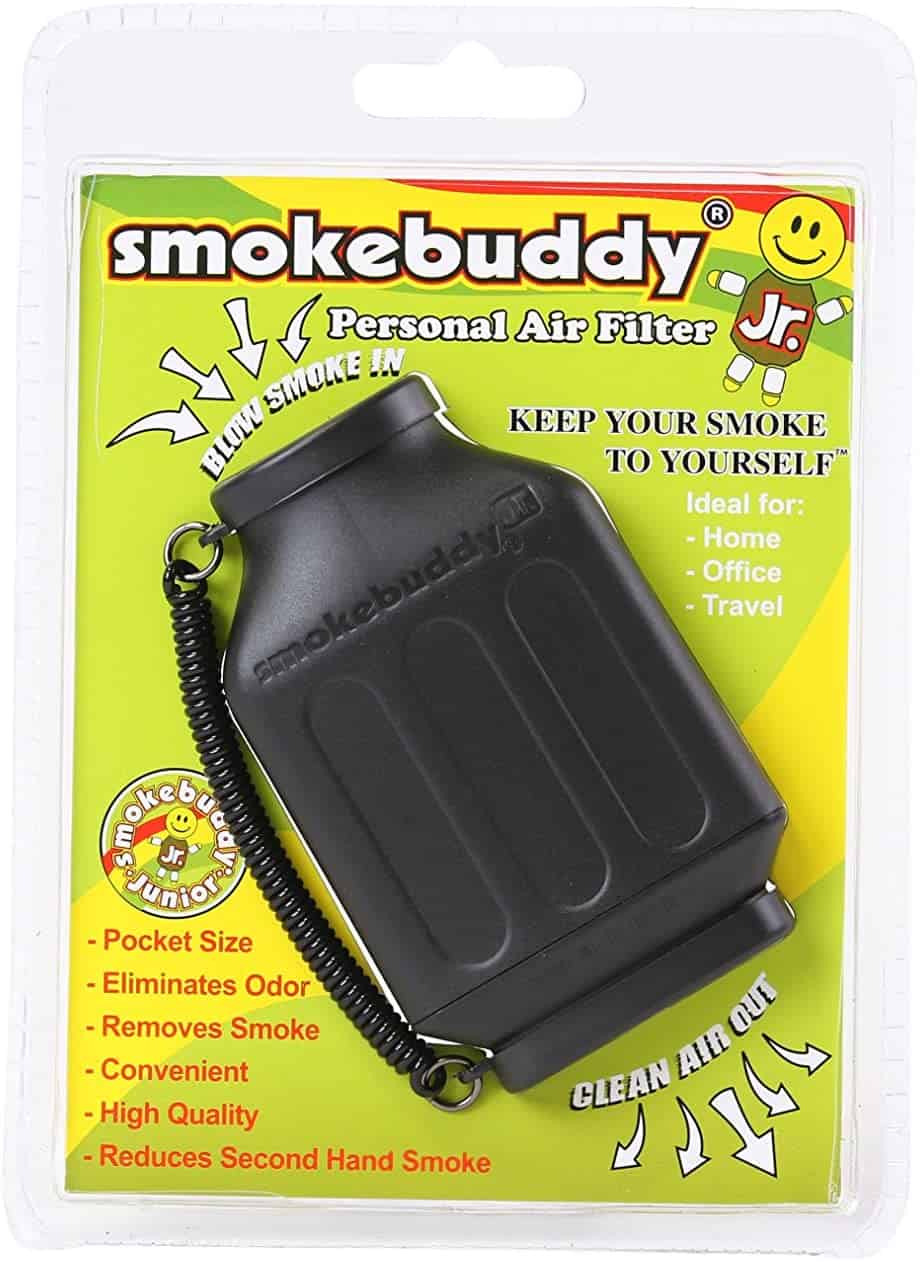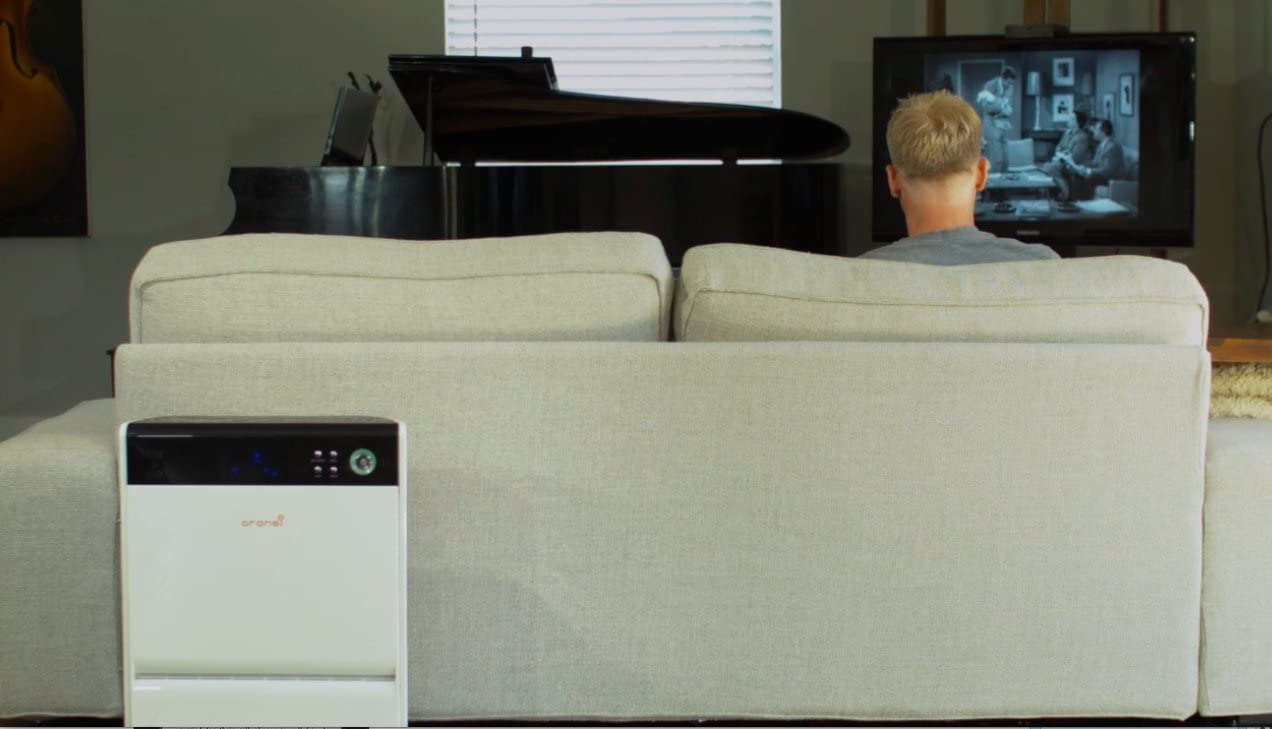If you have been shopping around for a high-performing air purifier, there are two popular manufacturers called Mooka and Koios. Here are some of the differences.
KEY TAKEAWAYS:
- Mooka and Koios are two popular companies in the air purifier space, each manufacturing dozens of air purifiers.
- The air purifiers made by each company typically include a genuine HEPA filter, so they are similar when it comes to design and function.
- HEPA filters are great at reducing odors, eliminating allergens, and performing other common air purification tasks.
How do Air Purifiers Work?
Before you can check out the differences between the two brands, it can be helpful to know how filter-based air purifiers operate. It is equally important to note what is the difference between a HEPA filter and an air purifier. In general, a purifier has fans that pull in air from the room, pushing this air into a filter or a HEPA filter. Afterward, the filtered air is pushed back into your living space. That’s the result of a good air purifier, which is why most people use air purifiers, especially those with H13 HEPA filters.
Mooka vs Koios Air Purifiers
The air purifiers manufactured by rivals Mooka and Koios are actually quite similar. Both companies tend to include true HEPA filters in their products and they both manufacture air purifiers in a wide range of shapes and sizes. Both companies offer budget-friendly models and models suited for large environments. A HEPA filter found in Mooka and Koios will effectively clean odors, allergens, and bacteria particles. But, if you don’t keep it clean, you’ll find your air purifier will smell.
Benefits of Choosing a Mooka or Koios Air Purifier
Since the air purifiers manufactured by these two companies are so similar, you will experience benefits from choosing a product made by either company. Here are just a few.
Insider Tip
In general, a purifier has fans that pull in air from the room, pushing this air into a filter or a HEPA filter. Afterward, the filtered air is pushed back into your living space.
Elimination of Smells
Both of these companies make air purifiers with integrated genuine HEPA filters. HEPA filters are great at removing odors, as they capture and trap the airborne particles that are the root cause of said odors. Funky smells are created via aromatic particles floating in the air and these particles are almost always large enough to be captured by a standard HEPA filter. Air purifiers made by Koios or Mooka will reduce a variety of smells, including mold, mildew, pet dander, food, and more. To maximize the odor reduction power of a given air purifier, run it on its highest setting for a day or so.
Allergen Reduction
Allergies are a serious issue for those with sensitivities to common household allergens. Luckily, HEPA-based air purifiers will do a good job at capturing and trapping these allergens. As previously stated, both Mooka and Koios air purifiers typically feature a true HEPA filter, so you can rest easy knowing that choosing either company will result in a reduction of allergy-related symptoms. Generally speaking, HEPA filters do a good job with a wide array of common allergens, including pet dander, pollen, mold, smoke, and more.
Insider Tip
The air purifiers manufactured by rivals Mooka and Koios are actually quite similar.
Disadvantages of Using a HEPA Filter
Air purifiers made by Mooka and Koios nearly always rely on an integrated true HEPA filter and very rarely use another form of purification technology. There are some slight disadvantages to relying on just a HEPA filter
HEPA Filter Replacement
Some air filters can be cleaned and reinserted into the air purifiers. HEPA filters, however, must be disposed of and replaced every six months to one year. The internal layers and components of a true HEPA filter are relatively fragile and may not survive the cleaning process. You cannot get them wet and even vacuuming them with a small handheld vacuum can cause some overall efficacy issues. When you are pricing out air purifiers with a HEPA filter, be sure to include the cost of replacement filters. You can expect to pay anywhere from $20 to $40 for a replacement HEPA filter.
May Not Capture All Airborne Virus Particles
In order to be quantified as a true or genuine HEPA filter, they must be able to capture at least 99.97 percent of particles 0.3 diameters in size or above. The problem? Virus particles, volatile organic compounds (VOCs), and other potentially harmful pollutants tend to be much smaller than 0.3 microns in diameter. HEPA filters are aided in capturing viruses by some simple physics, as extremely small virus particles like to attach themselves to larger airborne particles, and both can be drawn in and trapped in the filter at once. However, the efficacy rating for these particles will be less than 99.97 percent.
It is also important to consider the amount of energy that you will use. That is why you should always know what the energy usage of an air purifier is. You don’t want your electricity bills to skyrocket.
Warning
Allergies are a serious issue for those with sensitivities to common household allergens.
F.A.Q.S
Do Mooka and Koios make other stuff besides air purifiers?
Yes. These companies make a wide array of household appliances, including blenders, projectors, food processors, and more. Check their homepages.
Can HEPA filters be cleaned?
In very rare cases, you can clean a HEPA filter. Reusable HEPA filters, however, are not usually true or genuine HEPA filters. They are HEPA-style filters that do not have to meet the same strict requirements as actual HEPA filters.
Are air purifiers good at what they do?
In general, air purifiers are highly effective at purifying the air in a home, though they are not miracle workers. They are great at reducing odors, trapping allergens, and killing some virus particles.
STAT: True HEPA filter – Eliminates 99.97% of any particles as small as 0.3 microns, like pollen, mold spores, pet dander, dust, or dust mites. (source)

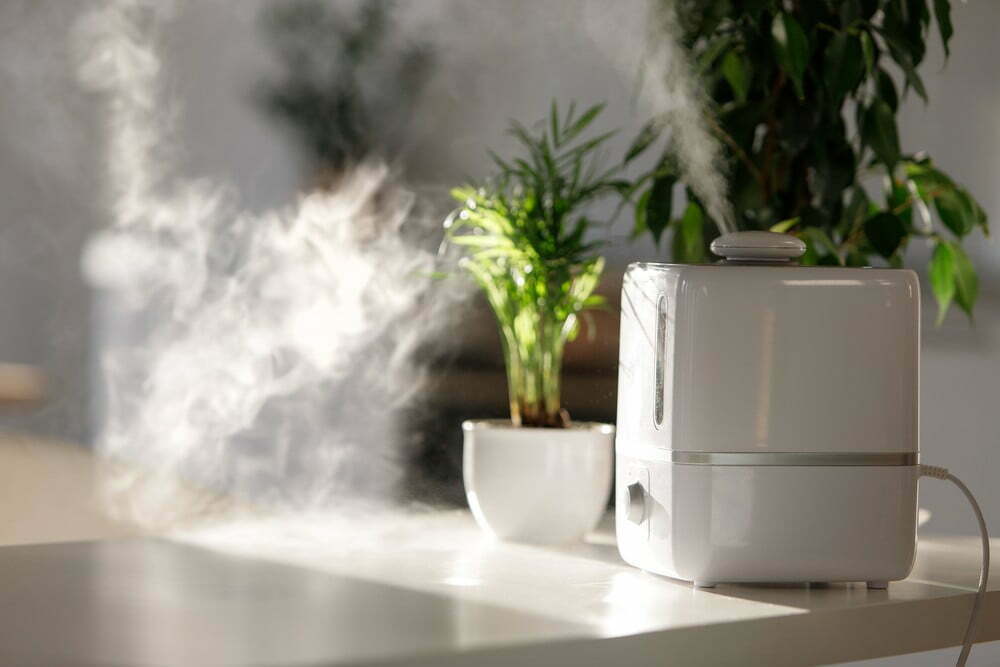













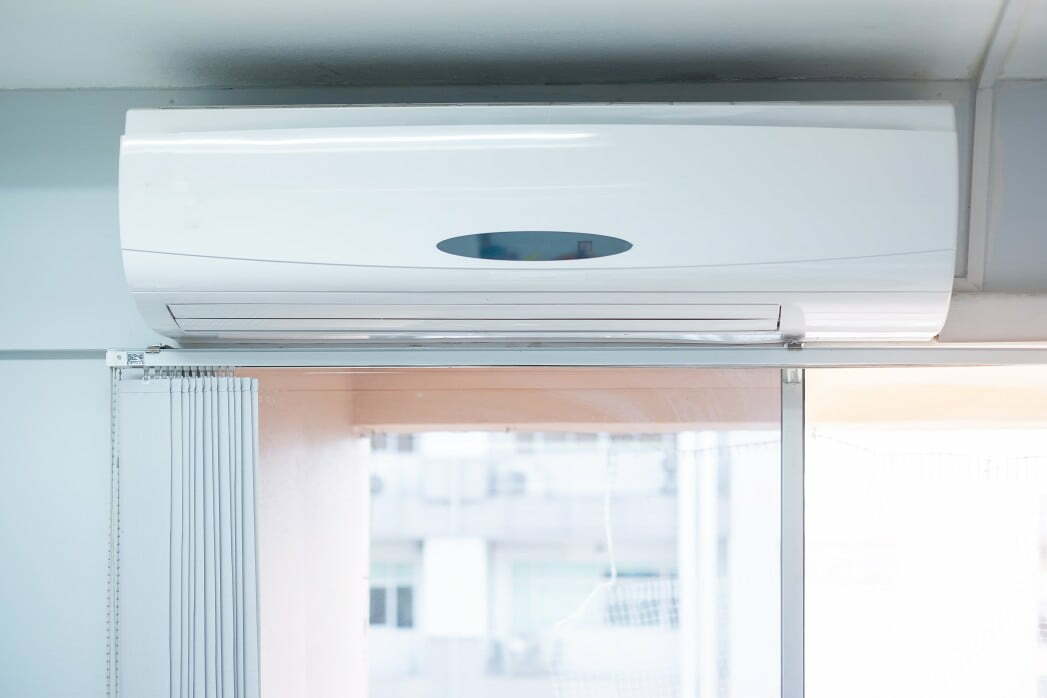
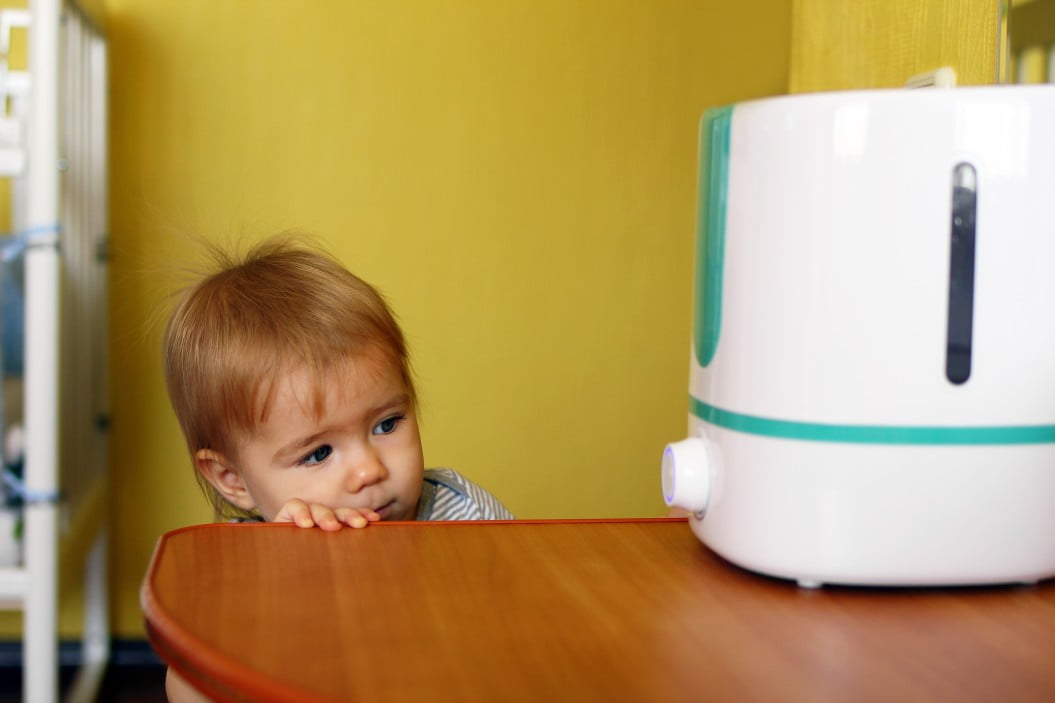
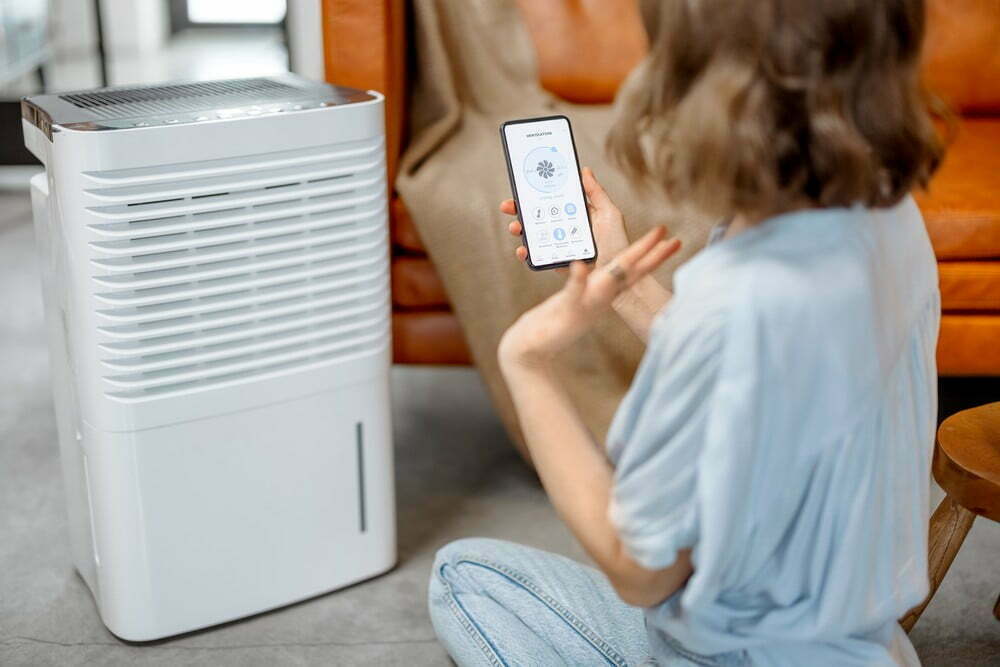
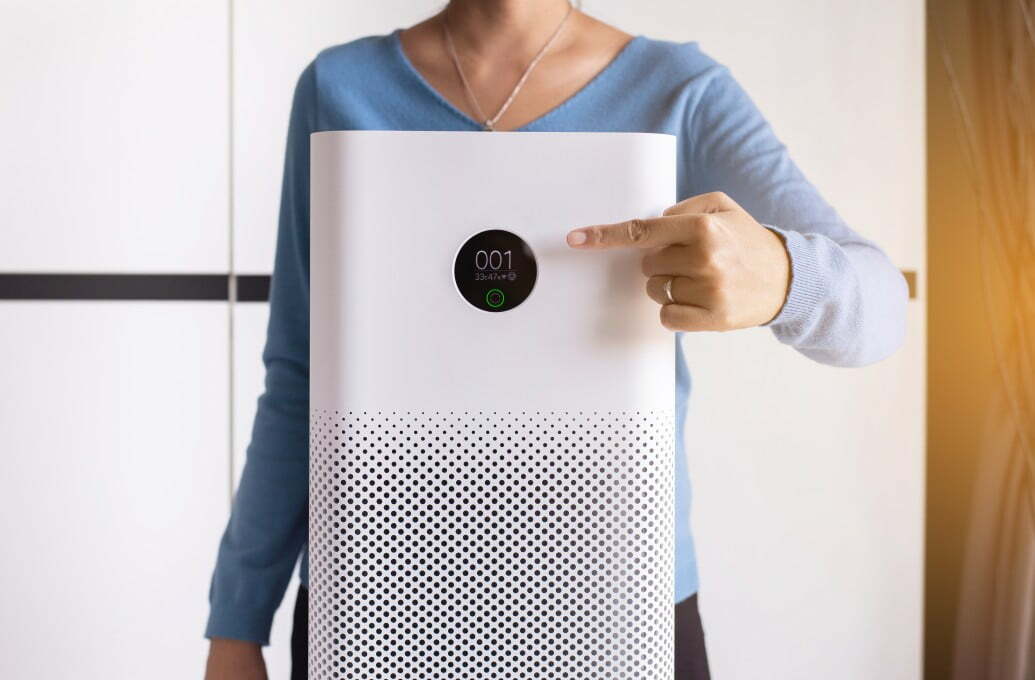
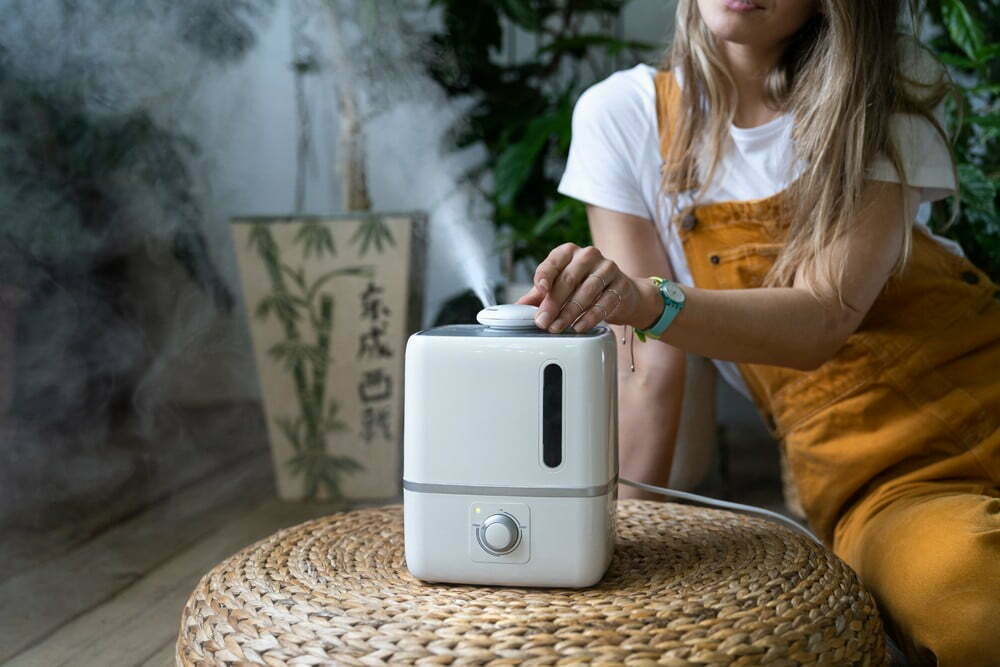
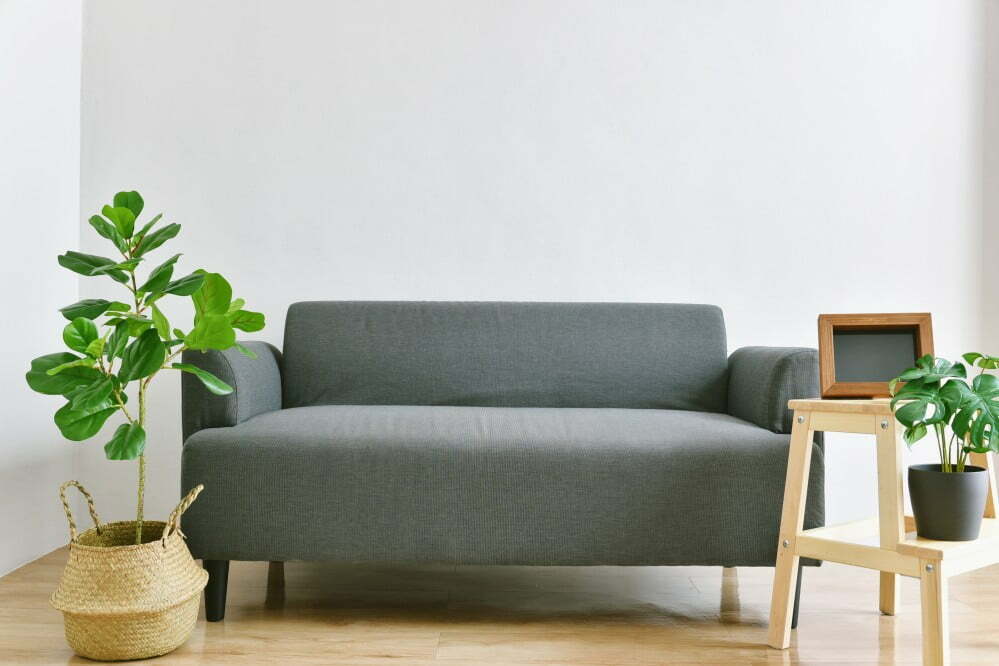

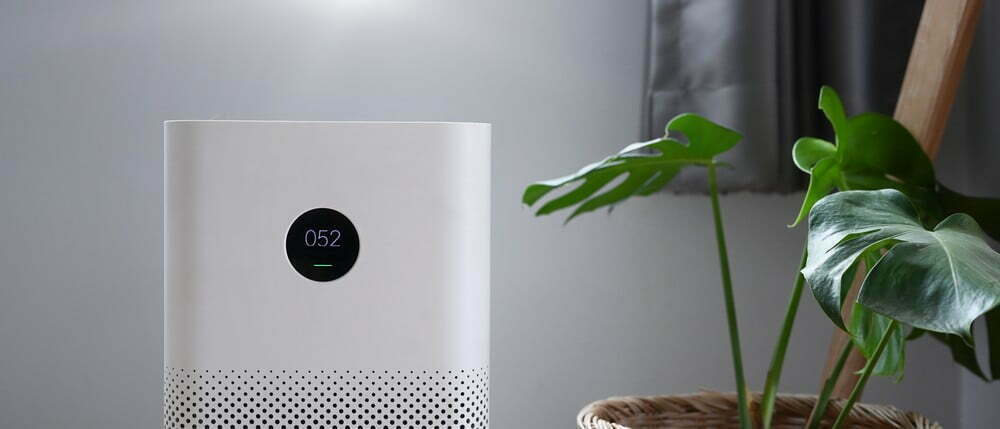
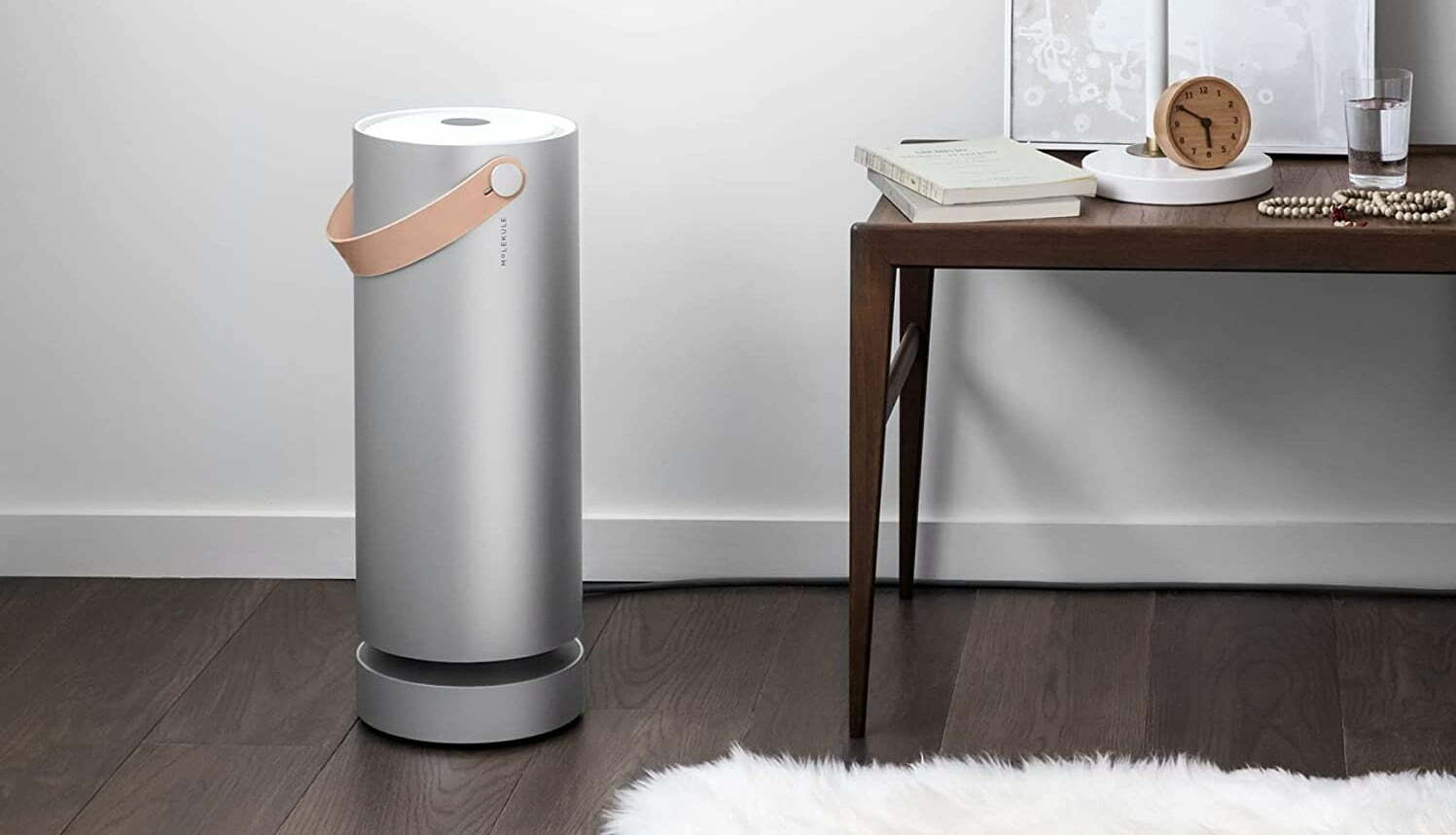
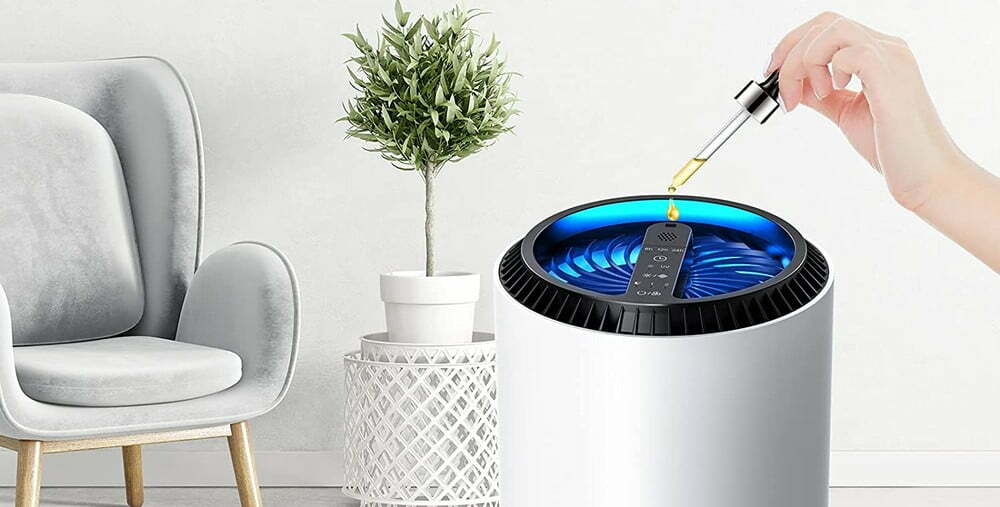
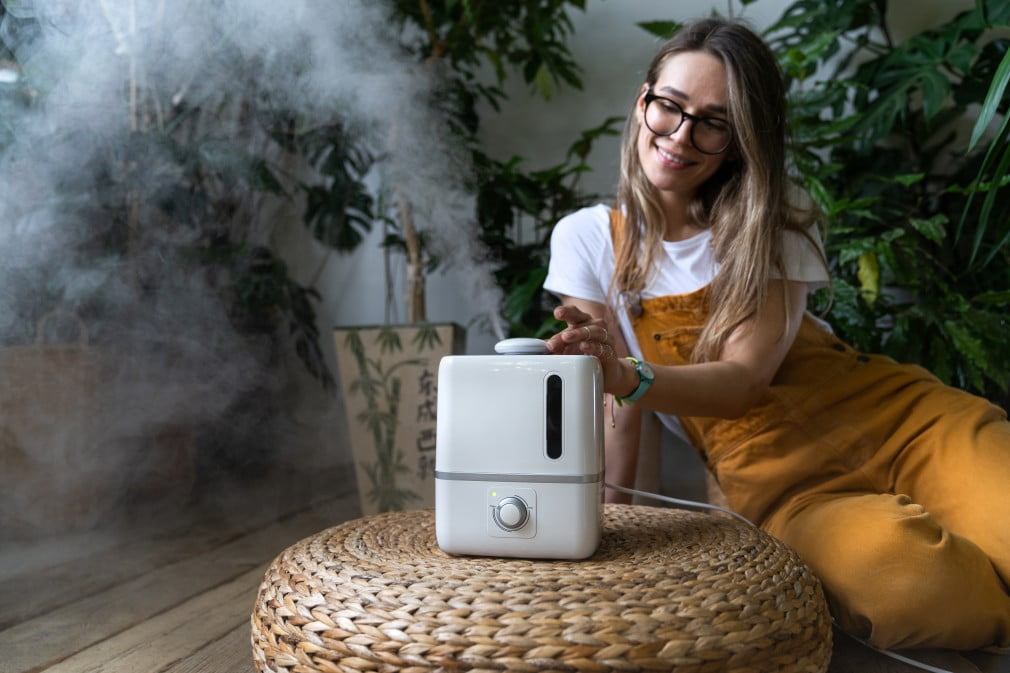
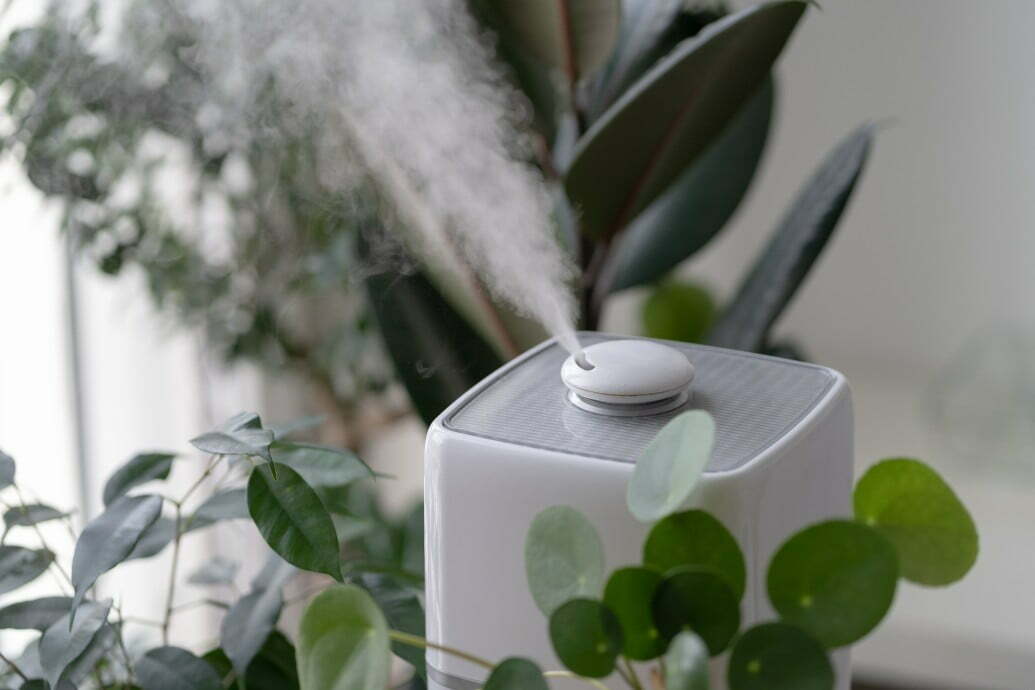
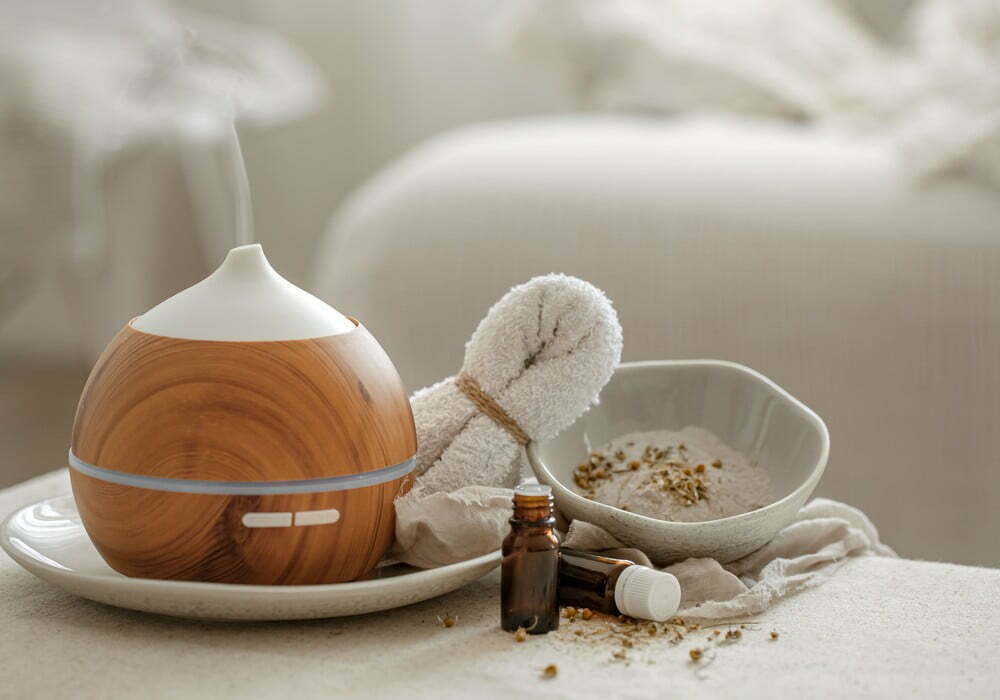
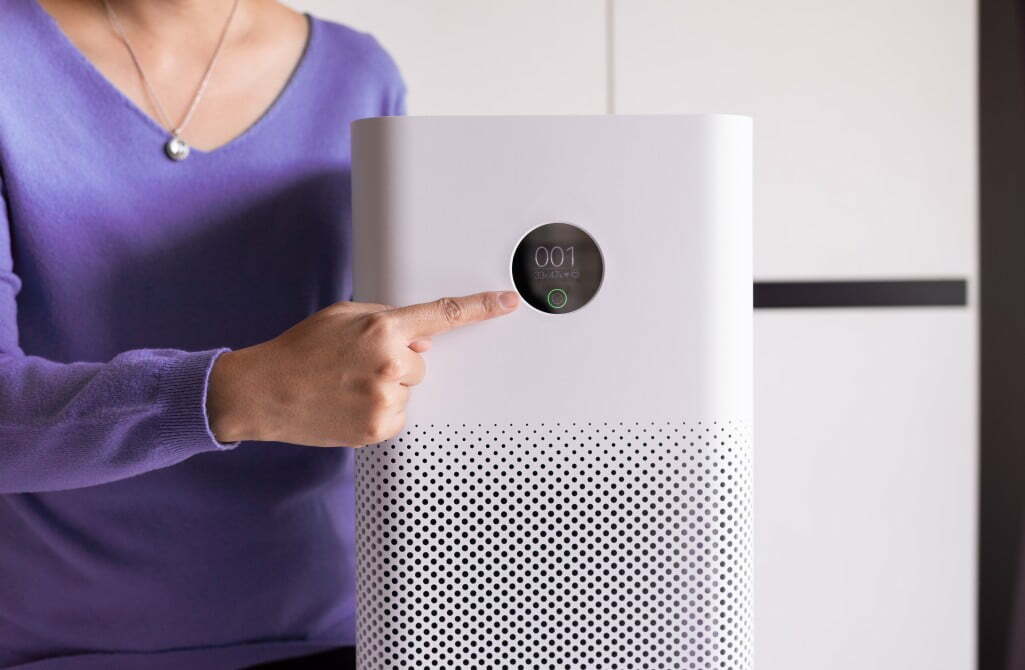
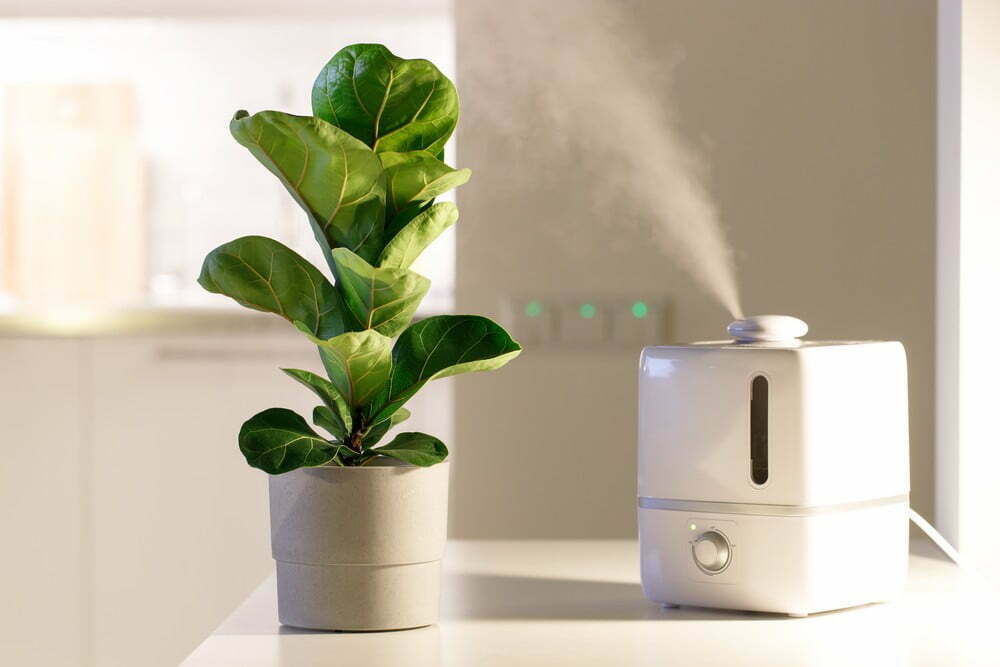
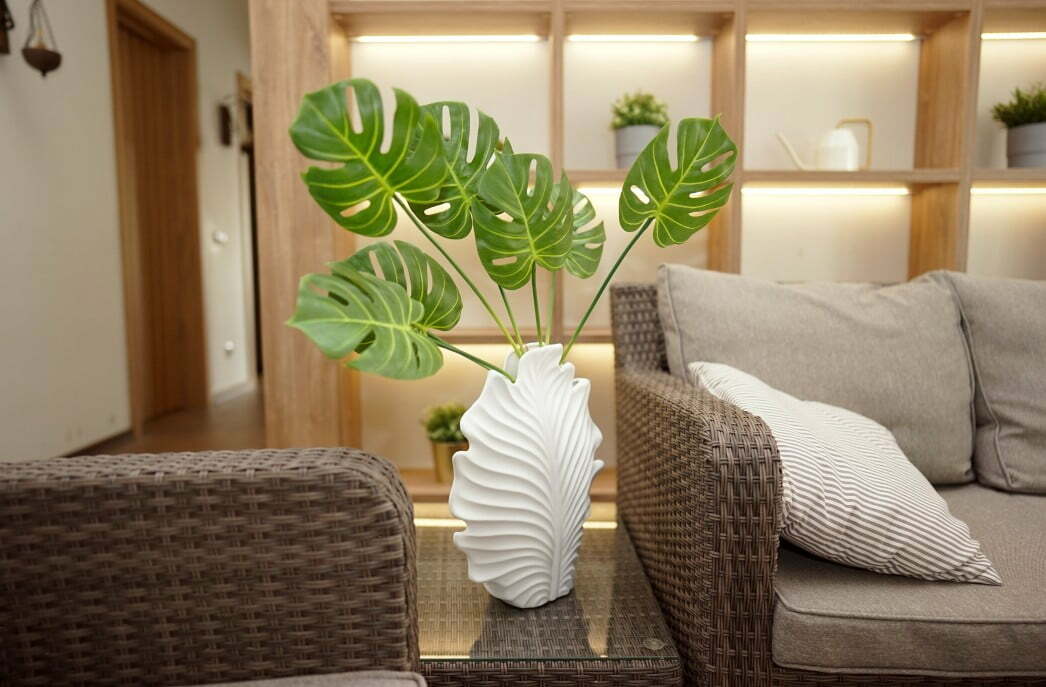
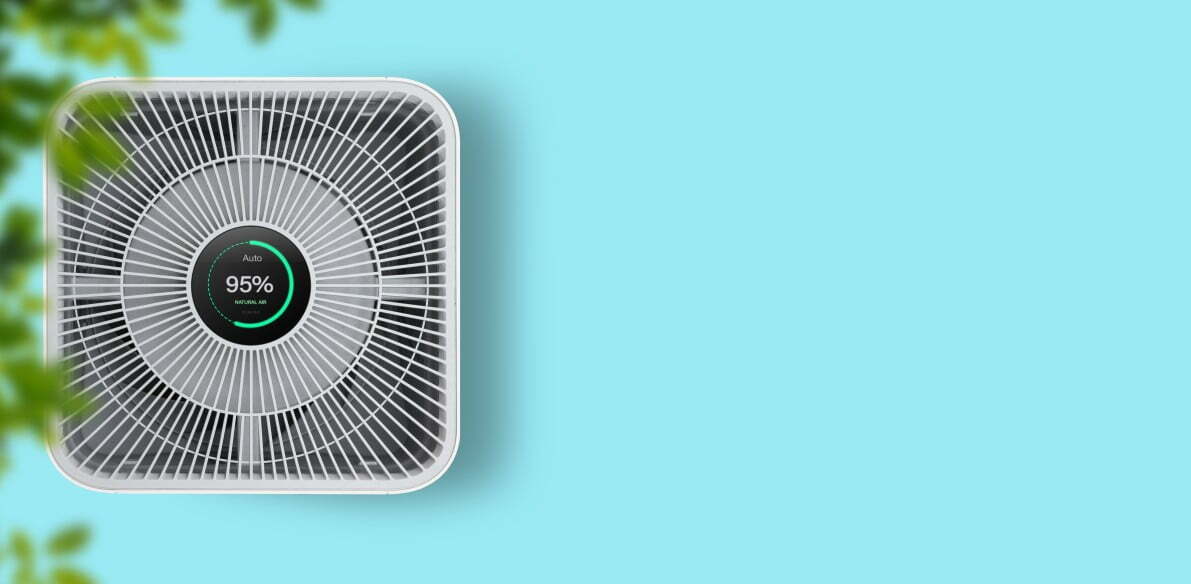
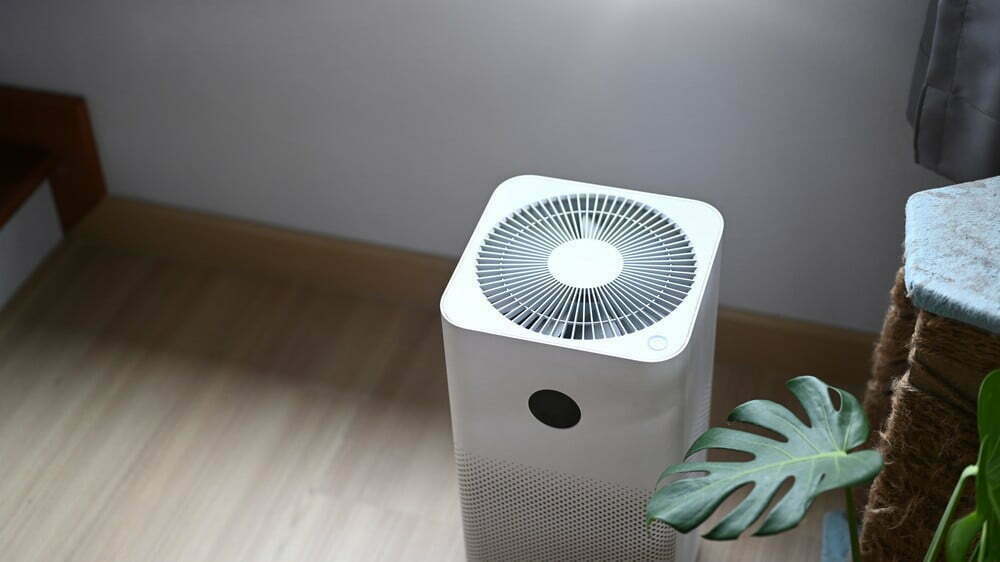
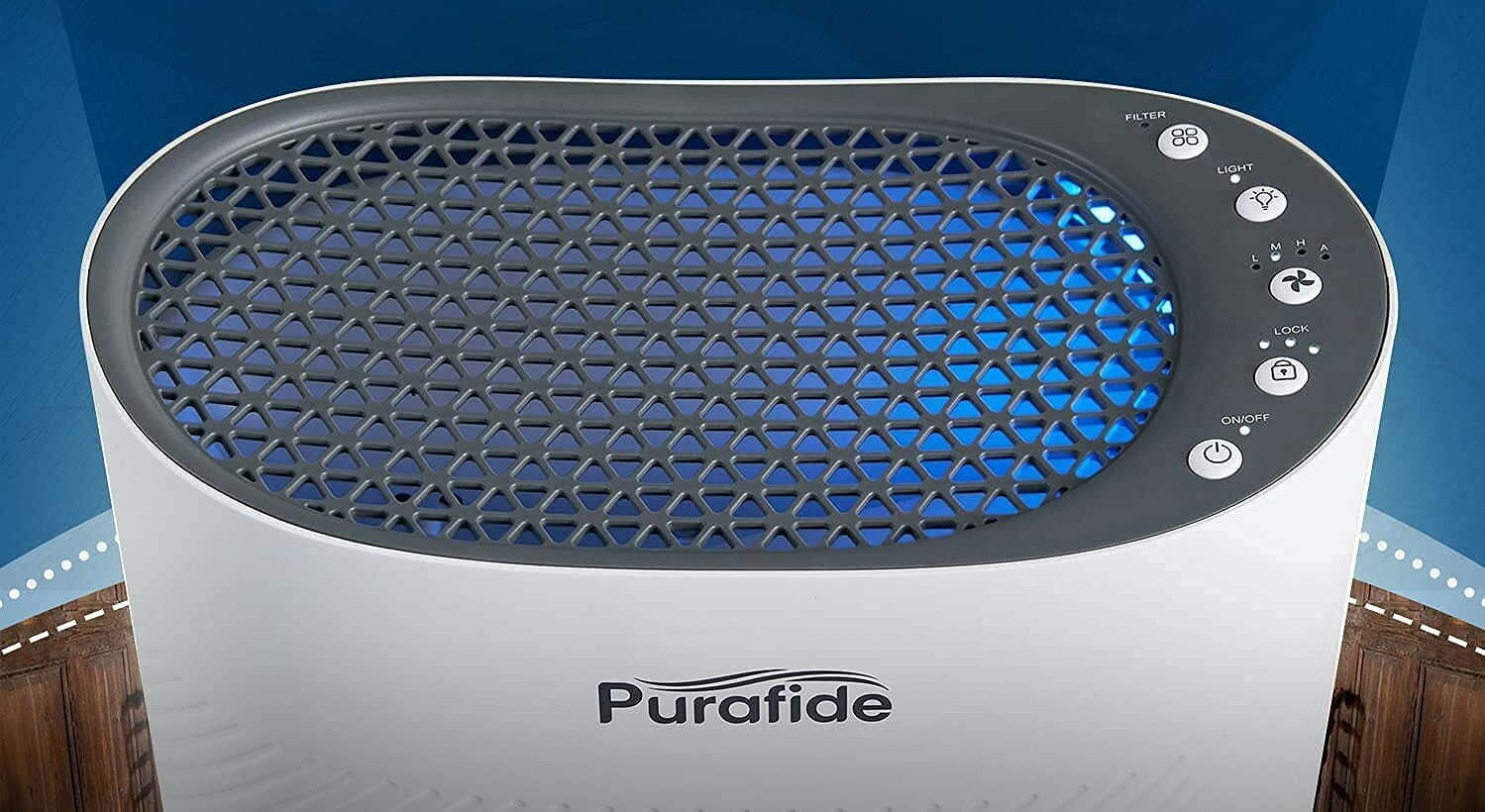
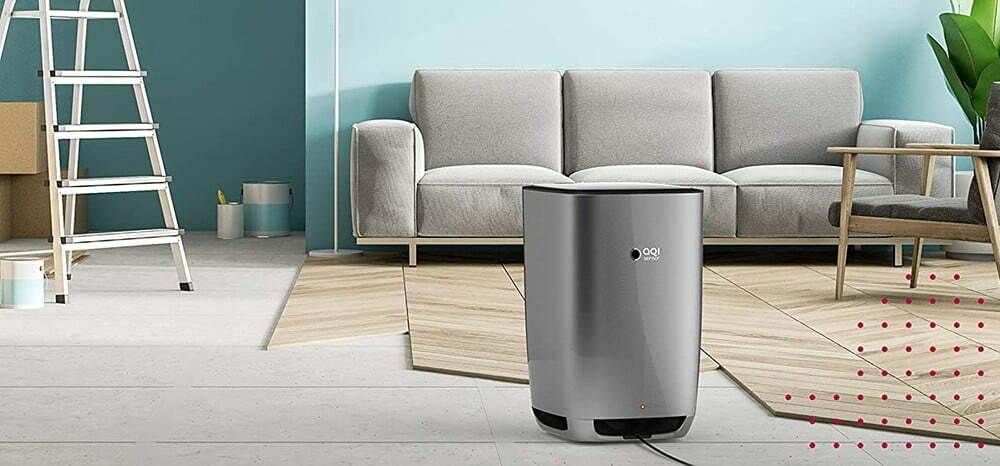
![Best Air Purifiers for VOCs and Formaldehyde in [year] 27 Best Air Purifiers for VOCs and Formaldehyde in 2025](https://www.gadgetreview.dev/wp-content/uploads/best-air-purifier-for-vocs-and-formaldehyde-image.jpg)
![Best Air Purifier in [year] ([month] Reviews) 28 Best Air Purifier in 2025 (December Reviews)](https://www.gadgetreview.dev/wp-content/uploads/Honeywell-True-HEPA-Allergen-Remover-HPA300-e1475603569442.jpg)
![Best Air Purifiers for Dust in [year] 29 Best Air Purifiers for Dust in 2025](https://www.gadgetreview.dev/wp-content/uploads/best-air-purifier-for-dust-image.jpg)
![Best Honeywell Air Purifiers in [year] 30 Best Honeywell Air Purifiers in 2025](https://www.gadgetreview.dev/wp-content/uploads/best-honeywell-air-purifier-image.jpg)
![Best Germicidal Air Purifiers in [year] 31 Best Germicidal Air Purifiers in 2025](https://www.gadgetreview.dev/wp-content/uploads/best-germicidal-air-purifier-image.jpg)
![Best Filterless Air Purifiers in [year] 32 Best Filterless Air Purifiers in 2025](https://www.gadgetreview.dev/wp-content/uploads/best-filterless-air-purifier-image.jpg)
![Best Levoit Air Purifiers in [year] 33 Best Levoit Air Purifiers in 2025](https://www.gadgetreview.dev/wp-content/uploads/best-levoit-air-purifier-image.jpg)
![Best Air Purifiers for Smoking Weed in [year] 34 Best Air Purifiers for Smoking Weed in 2025](https://www.gadgetreview.dev/wp-content/uploads/best-air-purifier-for-smoking-weed-image.jpg)
![Best Quiet Air Purifiers in [year] 35 Best Quiet Air Purifiers in 2025](https://www.gadgetreview.dev/wp-content/uploads/best-quiet-air-purifier-image.jpg)
![Best Desktop Air Purifiers in [year] 36 Best Desktop Air Purifiers in 2025](https://www.gadgetreview.dev/wp-content/uploads/best-desktop-air-purifier.jpg)
![Best Dyson Air Purifiers in [year] 37 Best Dyson Air Purifiers in 2025](https://www.gadgetreview.dev/wp-content/uploads/best-dyson-air-purifier.jpg)
![Best Air Purifiers for Dorm Room in [year] 38 Best Air Purifiers for Dorm Room in 2025](https://www.gadgetreview.dev/wp-content/uploads/air-purifier-for-dorm-room-1.jpg)
![Best Air Purifiers for Office in [year] 39 Best Air Purifiers for Office in 2025](https://www.gadgetreview.dev/wp-content/uploads/best-air-purifier-for-office.jpg)
![Best Air Purifiers for Basement in [year] 40 Best Air Purifiers for Basement in 2025](https://www.gadgetreview.dev/wp-content/uploads/best-air-purifier-for-basement.jpg)
![Best Air Purifiers For Odor in [year] 41 Best Air Purifiers For Odor in 2025](https://www.gadgetreview.dev/wp-content/uploads/best-air-purifier-odor.jpg)
![10 Best Personal Air Purifiers in [year] 42 10 Best Personal Air Purifiers in 2025](https://www.gadgetreview.dev/wp-content/uploads/best-personal-air-purifiers.jpg)
![10 Best Plug In Air Purifiers in [year] 43 10 Best Plug In Air Purifiers in 2025](https://www.gadgetreview.dev/wp-content/uploads/best-plug-in-air-purifier-image.jpg)
![10 Best Whole House Air Purifiers in [year] 44 10 Best Whole House Air Purifiers in 2025](https://www.gadgetreview.dev/wp-content/uploads/best-whole-house-air-purifier-image.jpg)
![10 Best Large Room Air Purifiers in [year] 45 10 Best Large Room Air Purifiers in 2025](https://www.gadgetreview.dev/wp-content/uploads/Coway-Airmega-200M-Large-Room-Air-Purifier-900x900-1.png)
![10 Best UV Air Purifiers in [year] 46 10 Best UV Air Purifiers in 2025](https://www.gadgetreview.dev/wp-content/uploads/best-uv-air-purifier.jpg)
